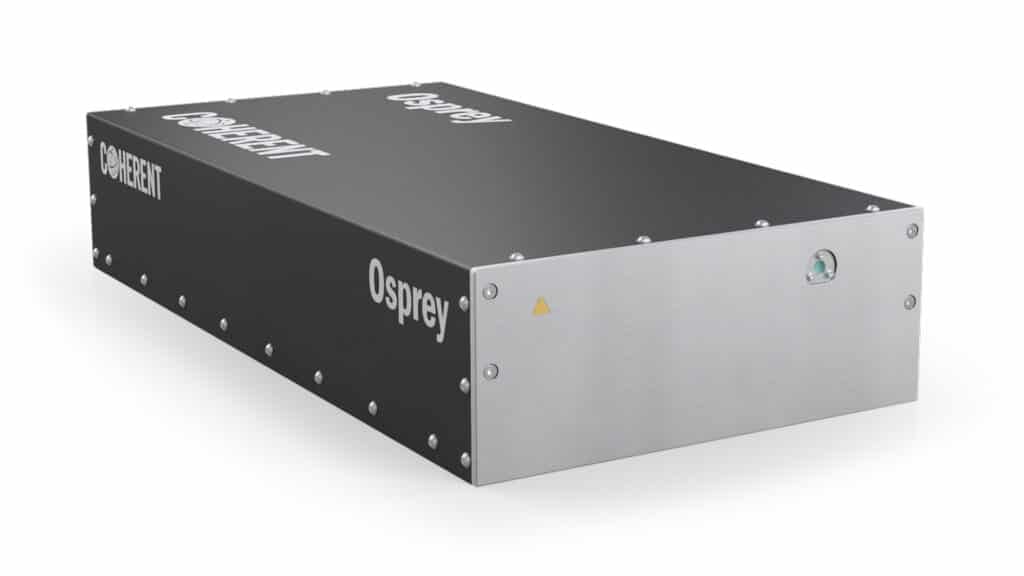The News: Intel Corp. said it will reduce its direct and indirect greenhouse gas emissions to net-zero by 2040 throughout its diverse global facilities, while also working to develop more sustainable technology products and services that will help lower the company’s carbon emissions to better protect the Earth. In a new corporate pledge announced just before Earth Day, Intel said it also work with customers and industry partners to create more environmentally-friendly products and services that will lower the greenhouse gas footprint of the entire technology ecosystem. Read the full Press Release on the Intel website here.
Intel Pledges to Reduce its Greenhouse Gas Emissions to Net-Zero by 2040 for All Intel Facilities and to Lower Carbon Footprints of Intel Products and Platforms
Analyst Take: Intel’s pledge to reduce its greenhouse gas emissions to net zero by 2040 for all facilities, and commitment to lowering the carbon footprints of Intel products and platforms is a significant move by Intel to continue to further its internal efforts to decrease pollution and clean up its own global operations as a responsible corporate steward of Planet Earth.
Many technology companies are also making similarly laudable efforts to cut pollution, and these efforts – individually and taken together – will help make significant impacts to make the Earth’s environment healthier for humanity.
In my view, Intel is setting some impressive, realistic, and challenging goals as part of the company’s net-zero greenhouse gas emissions pledge.
Its interim milestones by 2030 include achieving 100 percent renewable electricity use across its global operations, investing about $300 million in energy conservation at Intel facilities to achieve 4 billion cumulative kilowatt hours of energy savings, and building all new factories and facilities to meet U.S. Green Building Council LEED program energy-savings standards. Intel is also launching a cross-industry R&D initiative to identify greener chemicals with lower global warming potential and to develop new abatement equipment for its manufacturing operations.
These are places where further refinement can start, and I think it is particularly smart that Intel is aiming to make important changes to clean up processes in its manufacturing facilities, where a variety of materials and procedures are used in chipmaking.
Intel Looking to Make Positive Environmental Impacts from Within
With Intel’s deeper focus on reducing pollution and environmental impacts where chips and other products are being made, that can help to cut environmental damage at the source of their development and production, which is a good step for manufacturers to take, while also benefitting consumers in the long run.
These are not new strategies for Intel, of course. The company has been working on reducing greenhouse gas emissions and carbon footprints for a long time, including a cumulative corporate greenhouse gas emission reduction of more than 75 percent since earlier Intel environmental investments and actions were instituted.
In my view, Intel is taking its responsibility as a good corporate steward in a serious and measurable way. Intel says it wants to address climate impacts throughout its upstream and downstream value chain, which is a smart strategy with direct results. The company said it also will partner with suppliers and customers to take aggressive action to reduce overall emissions. That is also a smart and doable strategy.
Intel’s other ideas – working closely with suppliers on energy conservation, renewable energy sourcing, increased efficiencies for chemicals and resources, and leading cross-industry efforts for a net-zero greenhouse gas semiconductor manufacturing value chain – are all smart moves to help Intel and its partners work toward and eventually achieve these goals.
I see Intel’s deepened commitment to reducing greenhouse gas emissions and other pollution as encouraging in the fight to slow or stop climate change as the serious challenges continue to threaten our Earth.
Disclosure: Futurum Research is a research and advisory firm that engages or has engaged in research, analysis, and advisory services with many technology companies, including those mentioned in this article. The author does not hold any equity positions with any company mentioned in this article.
Analysis and opinions expressed herein are specific to the analyst individually and data and other information that might have been provided for validation, not those of Futurum Research as a whole.




